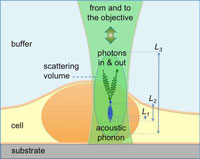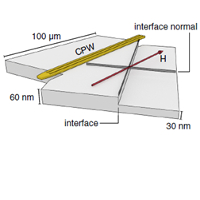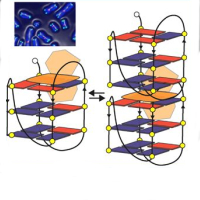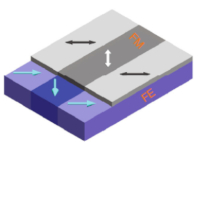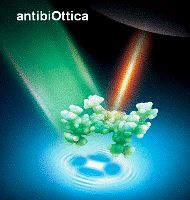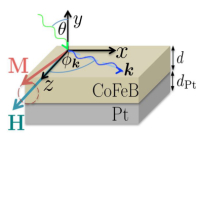Theory and Simulation
Theory and Simulation research is carried out at the DEMOCRITOS and SLACS laboratories, located at the International School for Advanced Studies (SISSA) and at the University of Cagliari, respectively. Computer modelling is used to provide fundamental atomic-scale insights at the frontiers of nano science, condensed-matter physics, biochemistry, and materials science.
Our simulations aim to characterise, engineer and discover materials for innovative applications in nano technologies, renewable energies, electronics, optics, magnetism, superconductivity, catalysis, biological systems and drug design.
These research activities are underpinned by the development of new theories and numerical methods, by their efficient implementation into scientific software as well as by optimised solutions for high-performance parallel computing.
This is also reflected in the contribution to the Quantum ESPRESSO project for the design, engineering, maintenance, and distribution of this high-quality software for the quantum simulation of materials (see https://www.quantum-espresso.org/). In addition, IOM researchers provide direct support to experiments by developing new theoretical and simulation tools for computational spectroscopies and microscopies.
Research is organised along the following general lines:
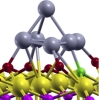
Nano structured materials
Computer modelling is used to provide fundamental atomic-scale insights into the physical and chemical processes that govern the functional properties of nano structured materials. Research focuses on materials for renewable energies, catalysis and surface physics, friction and adhesion, ferroelectrics and multiferroics
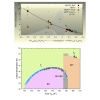
Strongly correlated systems
The principal aim is to develop and apply many-body techniques capturing the fundamental properties leading to new paradigms in condensed matter. The main themes of this research focus on strongly correlated systems, such as high-temperature superconductors, Mott and topological insulators.
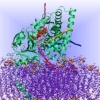
Biological systems
Computer modeling allows to investigate at atomistic level of detail the molecular mechanisms of complex biomolecular systems and the mechanism of action of drugs. Our main objective is to apply and develop computational protocols to pinpoint these mechanisms in a variety of biological problems.

HPC infrastructures and scientific software
As common baseline shared by all the computational activities this research line is dedicated to setup cutting edge computational environments to help exploiting at best the hardware and software tools.
Additional information can be found at the DEMOCRITOS and SLACS web-pages.
The IOM Theory & Simulation research is also fully integrated with the activities of the theory groups at SISSA and University of Cagliari as well as with the associated members from the Universities of Trieste, Udine, Padova, Nova Gorica, and from the International Center for Theoretical Physics (ICTP). The success of such integration is reflected in the longstanding history of joint research projects, scientific publications and training activities.

